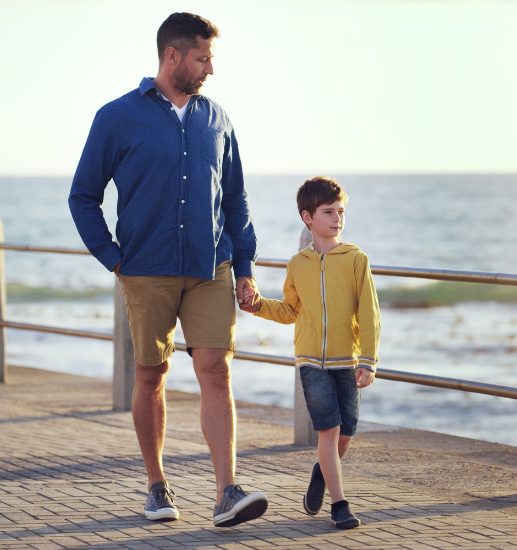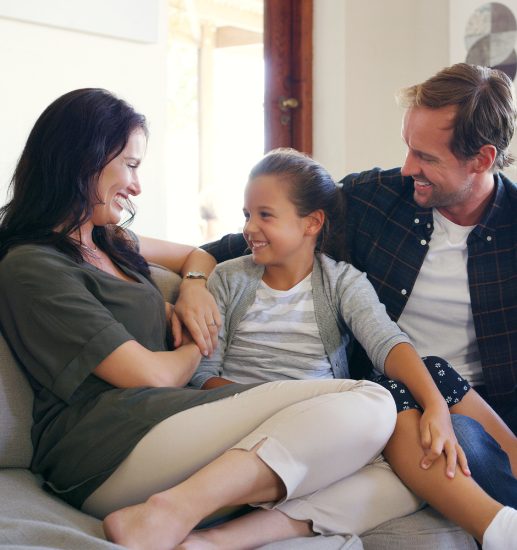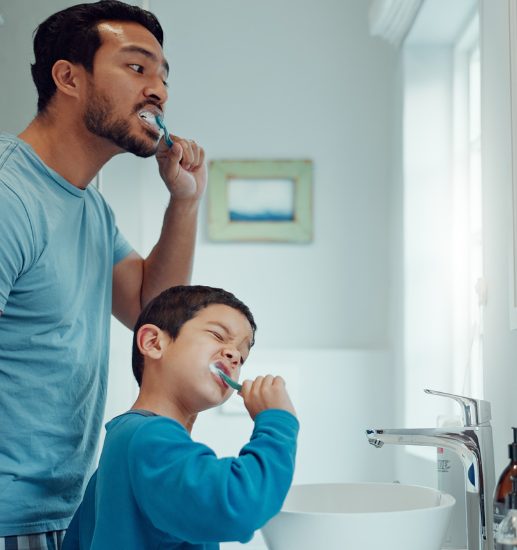Children with a positive body image are more likely to have healthy self-esteem and emotional well-being. Parents can play a central role by actively modelling body positivity and encouraging resilience against societal pressures. You can download our flyer here, on talking with children about body image.
Body image is formed by thoughts, feelings and attitudes during adolescence, in particular:

Concerns can impact all children, but the ways these present often differ based on gender and societal expectations. Females experiencing body image issues often obsess over achieving a thin or slender body shape:
Many males experience pressure to achieve a muscular and lean physique, perpetuated in the media. This can lead to:
Gender-diverse and non-binary children may experience distinct challenges, particularly as they navigate a world structured around binary gender expectations. Children may face unique pressures to conform to stereotypical gender appearances, which can create additional layers of self-consciousness or body dissatisfaction. Concerns may be:
We often focus on a child’s appearance and compliment something as simple as their hair or smile but shifting the focus to who they are and their unique qualities and characteristics can take the focus off their shape and size.

Keep it kind
Model body positivity

Social media can be such a powerful influence in teens and adults alike and new research shows the constant bombardment of beauty messaging can take a toll on body image. Just 8 minutes of TikTok ‘thinspiration’ content is enough to affect body image according to researchers.
Although screen time is often a tricky subject to navigate with teens there are ways to make time online a fun uplifting experience and more body positive. Encourage children to pay attention to how they feel after scrolling – does the content inspire and uplift them or do they finish scrolling feeling flat, depressed and ‘not good enough’?
These days most images we see on social media have been filtered and digitally distorted and this can create unrealistic expectations for children and teens. With the rise in AI we are now seeing ‘influencers’ who are not even real. Our children may find themselves unknowingly comparing their real human faces with a digitally created image. Read this article about Virtual influencers: meet the AI-generated figures posing as your new online friends – as they try to sell you stuff.
Have regular conversations with your family about media literacy, discuss stereotypes when watching TV together or see if you can pick which images have been edited if scrolling social media together. Dove | Reverse Selfie | Have #TheSelfieTalk – YouTube is a great place to start understanding the editing that go into creating a ‘perfect selfie’. We all need to be reminded that social media is more like art than ‘real life’.
Encourage children to pay attention to how they feel after scrolling – does the content inspire and uplift them or do they finish scrolling feeling flat, depressed and ‘not good enough’?
Dr. Kristy Goodwin is an Australian neuro-performance scientist, speaker, author, and researcher specializing in digital wellbeing and productivity. Dr Goodwin provides an insight to the connection of Social Media and mental health outcomes, here on our Life Ed Queensland podcast series.
Digital screens are a significant part of today’s childhood and adolescent lives. In this podcast Dr Goodwin discusses the need, as parents, to understand the realities and manage the impacts of digital media, especially social media, on children’s mental health and body image.
Dr. Goodwin explains that while research on whether social media causes mental health issues is still inconclusive, there is a strong correlation between excessive use and negative mental health outcomes. Social media use, especially when extensive, can exacerbate self-esteem and body image issues, often by creating unrealistic standards and promoting comparison.
If you feel your child needs additional support, consider reaching out to:
There are also educational guides for parents and children on media literacy and body positivity here: